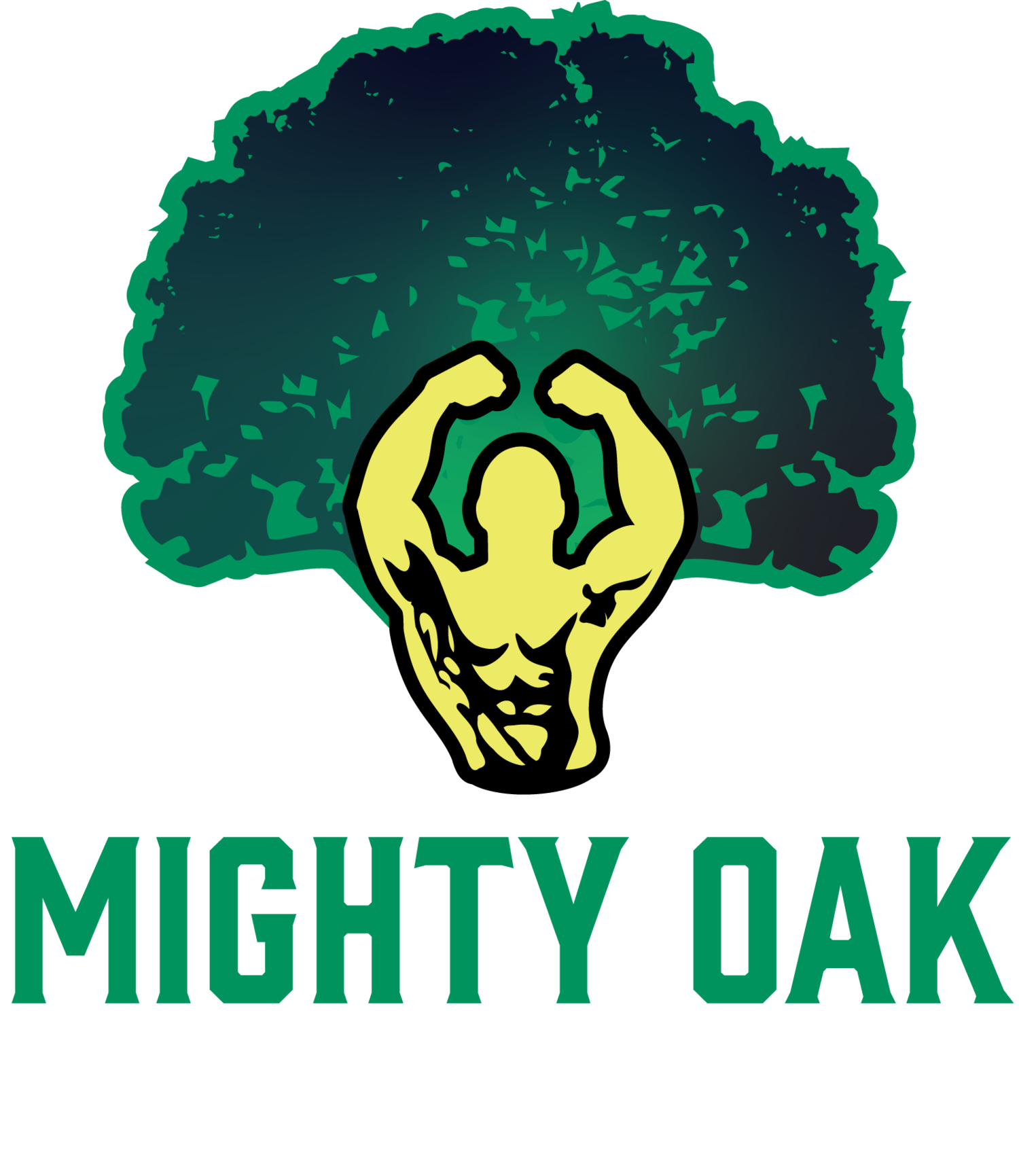How To Avoid Bench Press Mishaps: The Art of Proper Spotting
Enhancing Sports Performance: The Role of Proper Spotting Technique in Bench Press
In the realm of athletic training, the bench press is a fundamental exercise for developing upper body strength, a crucial element in many sports. However, its effectiveness and safety largely depend on the correct application of spotting techniques. This essay will explore the benefits of proper spotting during the bench press for sports performance, highlight the importance of learning these techniques with specific examples, and provide tips for injury prevention.
Benefits of Proper Spotting Technique for Sports Performance
Proper spotting in the bench press is essential for athletes to safely reach their peak performance. The primary benefits include:
1. Enhanced Safety: A spotter can prevent the bar from dropping on the athlete, especially when they are lifting heavy weights. This safety net allows the athlete to push their limits without fear of injury.
2. Increased Confidence: Knowing that a spotter is present can give an athlete the mental assurance to attempt higher weights, contributing to improved strength and muscle gains.
3. Better Form Maintenance: A spotter can observe and correct the athlete’s form during the lift, ensuring that the right muscle groups are targeted and reducing the risk of strain.
Importance of Learning Proper Technique
Learning the correct spotting technique is as vital as mastering the bench press itself. Specific examples include:
- Hand Placement and Grip: A spotter must know where to place their hands – usually near, but not touching, the bar – to quickly intervene if necessary. Incorrect hand placement can lead to delayed reaction times or accidental interference with the athlete's lift.
- Communication: Clear communication between the athlete and the spotter is essential. For instance, the athlete should inform the spotter when they need assistance or are completing their last repetition.
Tips for Injury Prevention
1. Always Have a Spotter: Never attempt a heavy bench press alone. Ensure the spotter is trained and understands the nuances of spotting.
2. Start with Lighter Weights: Gradually increase the weight to allow the body to adapt, reducing the risk of muscle tears or joint injuries.
3. Focus on Form: Prioritize correct form over lifting heavier weights. This approach not only enhances performance but also minimizes the risk of injury.
4. Regular Rest and Recovery: Allow adequate recovery time between sessions to prevent overuse injuries.
The role of proper spotting in the bench press is paramount in enhancing sports performance and preventing injuries. Athletes and spotters alike must understand and implement these techniques to fully harness the benefits of this powerful exercise. By doing so, athletes can safely push their boundaries and achieve new heights in their sporting endeavors.
